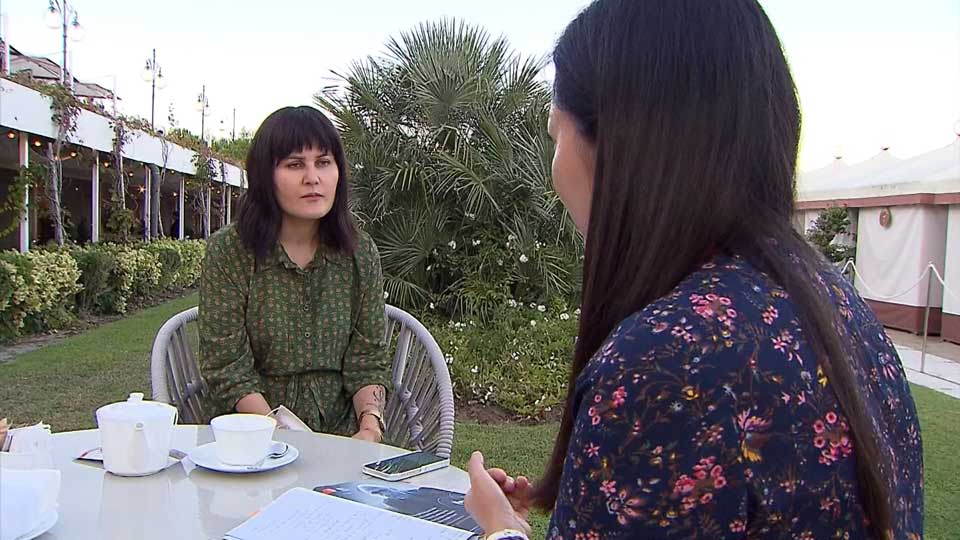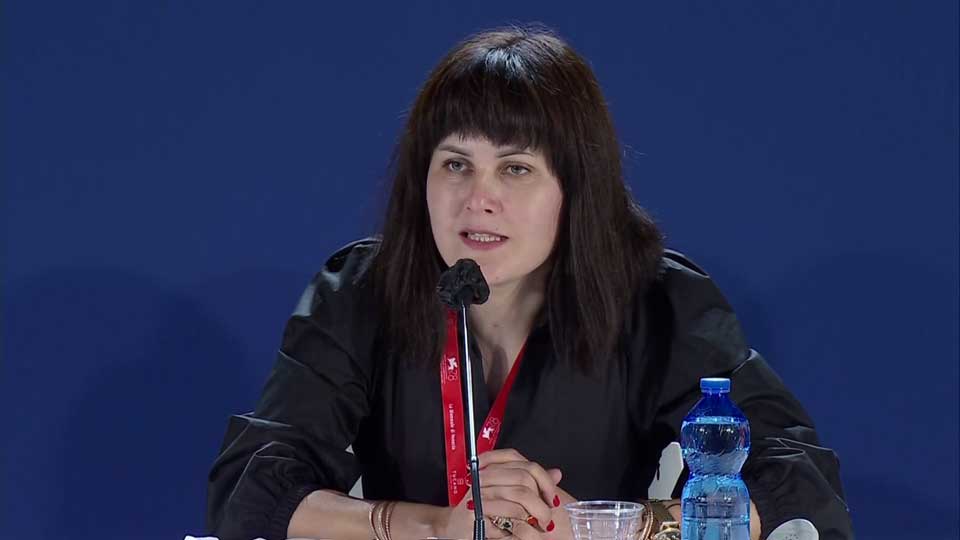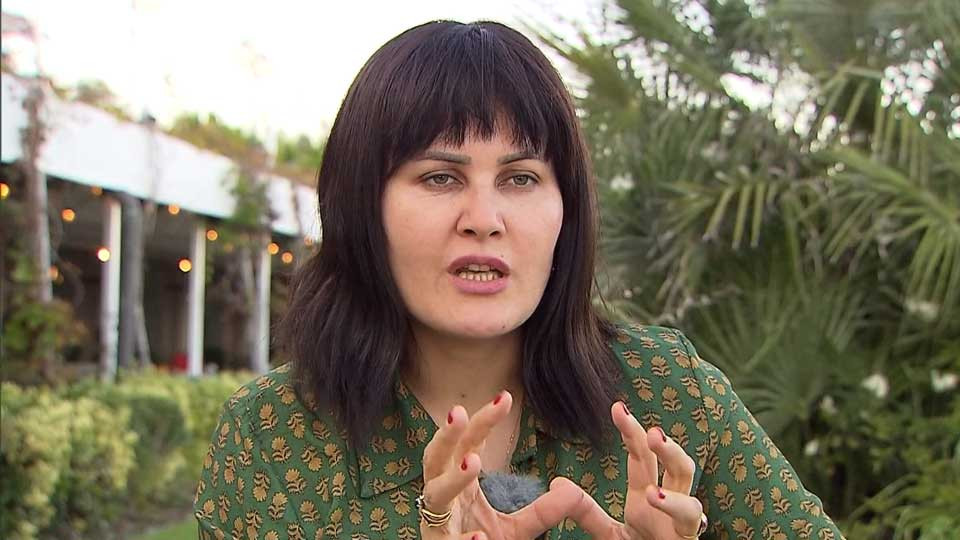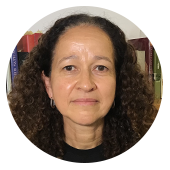You filmed yourself as you were escaping Afghanistan. What made you decide to go?
When I heard that the Taliban entered Kabul, the immediate image in front of my eyes was of my nieces. I was so afraid for them because the past four or five years, I educated them, I give them books to read. I always tell them that you are a liberal person, you are independent. I thought, whatever happens to me, the consequences will follow for them. Maybe the Taliban will kill me and they will kill them also. Maybe the Taliban arrests me. They will hurt my family, too. So, for that I decided, OK, I want to go out.

You must have had almost no time to prepare.
I didn’t have time to collect my things. I had just some laptops, some hard disks and my education papers. It is not about dresses or about some property. It is about your emotion, your feeling, what you did for that country, your efforts, your dreams. And I think that our efforts, our dreams and what we achieved are very, very heavy. We cannot just put it in some suitcases and take with us.
Why did you upload your film to social media when you left the country?
I thought: Does the world know about us, about what’s going on? We had a very bad experience with the Taliban in the past, between 1996 and 2001. They killed people and massacred people, they limited women. I just immediately filmed myself, and said through Instagram, I just thought that the world should know. So, I took my nieces, my brother and two of my assistants to the airport. We just left, we just left for the airport. Then I shared that video on Instagram.
Watch Video 00:22
How was Afghanistan before the Taliban recaptured the nation?
There were still terrorist attacks. There were still a lot of struggles. But many people, especially the younger generation, they were doing a lot of good work. For example, in the past five or six years, we did a lot of development, a lot of achievement regarding the education of women, the participation of women in social, political and economic life. And also we had some political leaders, female political leaders, and entrepreneurs. I myself became the first female chairperson of Afghan Film. Before, it wasn’t possible. So, the life was changing in a positive way, you know, the social life and cultural life.
Your films give a more nuanced view of women than simple heroes or victims.
Between these two lines, there are a lot of other stories that we should tell, some stories that are so universal. And I wanted always to tell those stories that nobody, even in media, covered. I think cinema and the medium of cinema has this possibility to go deeper to stories of women and to tell more. From childhood, my biggest role models were women. Those women that were struggling, were fighting with their limitations and with a lot of problems in this world and especially in patriarchal society.
Tell us about your decision to submit works to international film festivals.
As an Afghan filmmaker, my profession is not just filmmaking. My profession is also giving awareness. I am a human rights activist, too, and I think by showing these films to different, especially to international big platforms like film festivals, we also show other people around the world that the issues Afghan women are facing are very universal. It is not just specifically for Afghan women. It can be universal, because some people, they think that the issues of a woman is just putting burqa or not. But this is just one small issue, and there are many, many emotional, psychological and also economic and social issues that under the burqa, nobody can see.

What is your vision for the future?
I am working on my new film, because I don't believe in grieving so much, you know, to be so sad because there is no time for sadness, there is time for fight, to become a voice, because it is not anymore about me. In difficult times, in difficult situations, if you got saved, it meant that you have some responsibility for others. If I got saved from that situation, I think that this is my responsibility: to be a voice of many filmmakers of my country.
What do you want from the international community?
You kept silent these past few months, while these miserable things happened to Afghanistan, but please do not continue keeping the silence. The world shouldn’t. They shouldn't recognize the Taliban easily. They should push the Taliban to accept some conditions of democratic society. If the Taliban wants to be in power, they should accept human rights, women’s rights, the rights of girls to education, rights of citizens to freedom of expression, to freedom of the press. The younger generation is afraid of the Taliban, they don't accept the Taliban. But the Taliban should come to this conclusion: that they need the young generation, with knowledgeable young people in banking, economy, politics and everything. So, when they want the cooperation of the young generation, they should give to the young generation freedom.



